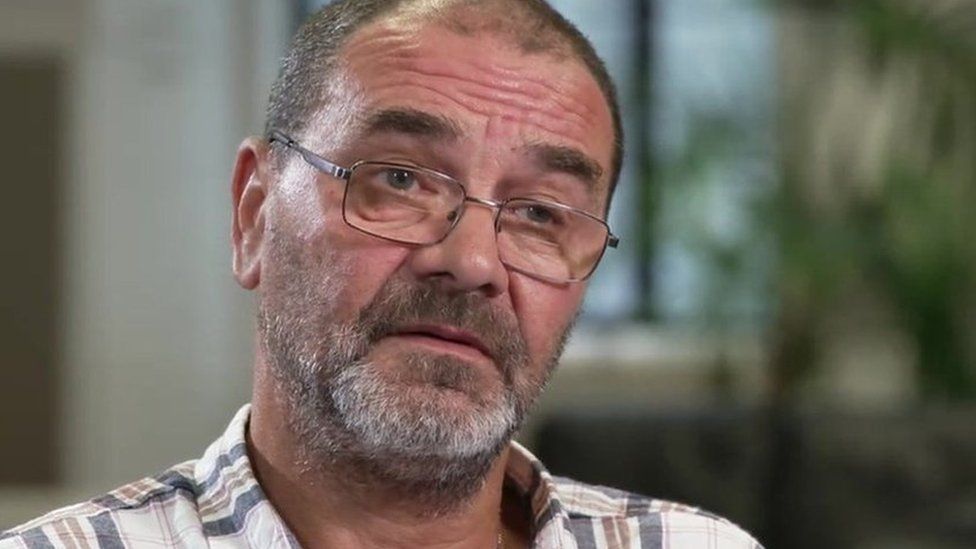Andrew Malkinson has joined more than 150 actors, lawyers and academics calling for reform to the law of joint enterprise.
Joint enterprise allows people to be convicted of murder even when they did not strike the fatal blow, or sometimes even when they are not present at the scene of the offence. A letter, calling for reform of this doctrine, has been signed by Ken Loach, a film director; Jimmy McGovern, a screenwriter and producer; and actresses Maxine Peake, who starred in the television legal drama Silk, and Michelle Fairley, from Game of Thrones.
Malkinson, 57, spent 17 years in prison following a wrongful conviction of rape. His conviction was quashed by appeal Judges last July, after it emerged that police withheld evidence during his trial which implicated another suspect.
The campaign group Appeal – led by Kim Johnson, backed Malkinson’s attempt to have his conviction quashed and has said in 2012 and 2020, the Criminal Cases Review Commission (CCRC) missed ‘DNA testing opportunities which could have spared Malkinson years of wrongful imprisonment.’
A study from the Prison Reform Trust, a UK charity which routinely carries out research on UK prisons, found there is an ‘urgent need for greater clarity’ of the law on joint enterprise and transparency in the way cases involving multiple defendants are prosecuted and sentenced in the future.
A landmark judgment in 2016 saw the Supreme Court rule that the law of joint enterprise had taken a ‘wrong turn’ over the past 30 years. This judgment clarified that the law should only be used to convict those who intended to commit or assist in a serious crime, and not just those who foresaw the possibility their associate might commit an offence. However, the Centre for Crime and Justice Studies, an educational charity which focuses on improving the public understanding of crime and justice, has found this judgment has had little to no effect on charges and convictions.






